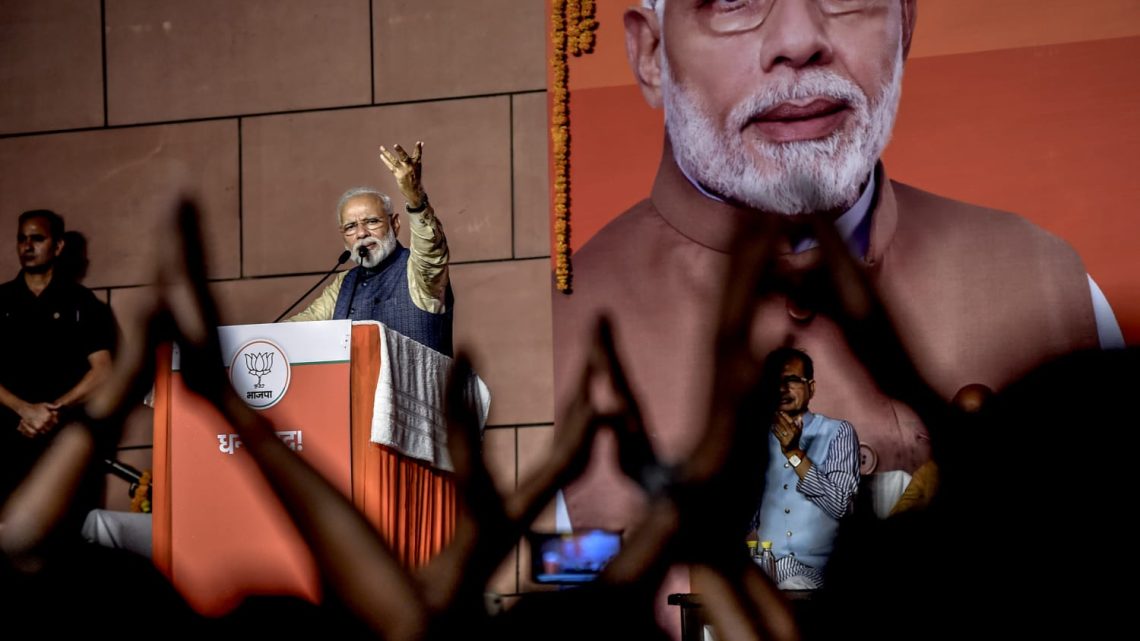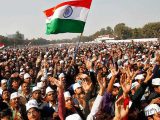
Modi’s Anti-Muslim Rhetoric: A Challenge to India’s Secular Fabric
April 23, 2024The principal opposition party in India has levelled allegations of hate speech against Indian Prime Minister Narendra Modi following his remarks branding Muslims as “infiltrators” and employing some of his most provocative rhetoric yet against the minority community.
During a rally in the western Indian state of Rajasthan, Modi, known for his staunch Hindu nationalist stance, made incendiary remarks suggesting that the Congress party when in power, favoured Muslims over other citizens regarding the country’s resources. He insinuated that if Congress were to regain power, they would redistribute wealth to those with more children, implying that this would primarily benefit Muslims.
The Congress party swiftly condemned Modi’s comments, with spokesperson Abhishek Manu Singhvi describing them as “deeply objectionable” and urging action from the Election Commission of India (ECI), the body overseeing the ongoing six-week voting period.
Modi’s statements have drawn widespread criticism for perpetuating anti-Muslim sentiments and violating election regulations that prohibit candidates from stoking religious tensions. The ECI’s model code of conduct expressly prohibits appealing to caste or communal feelings to secure votes, a rule Modi’s remarks clearly flouted.
Asaduddin Owaisi, a Muslim lawmaker and president of the All India Majlis-e-Ittehad-ul-Muslimeen party, condemned Modi’s rhetoric, highlighting a pattern of anti-Muslim rhetoric in Modi’s political career. Owaisi accused Modi of consistently targeting Muslims for electoral gains since 2002, further emphasizing the divisive nature of Modi’s politics.
Critics argue that Modi’s tenure has witnessed a concerning erosion of India’s secular and diverse fabric, with his Bharatiya Janata Party (BJP) being accused of promoting religious intolerance and inciting violence. This criticism isn’t new; since coming to power in 2014 and securing a second term in 2019, Modi and the BJP have faced allegations of undermining the country’s long-standing commitment to secularism and pluralism.
Despite the accusations, Modi and the BJP maintain that their policies are inclusive and beneficial to all Indians. However, the recurring pattern of inflammatory rhetoric and communal polarization suggests a deliberate strategy to consolidate support among certain segments of the population, often at the expense of minority communities like Muslims.
To conclude, Modi’s recent remarks underscore a broader trend of religious polarization in Indian politics, with implications for the country’s social cohesion and democratic ethos. As the election season unfolds, the need for responsible and inclusive discourse becomes ever more pressing to safeguard India’s pluralistic democracy.

